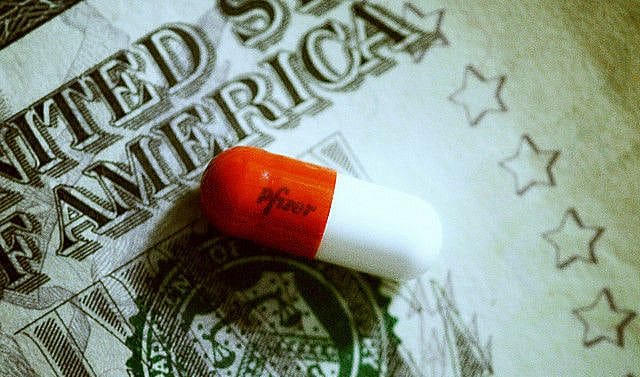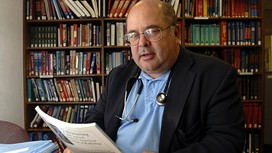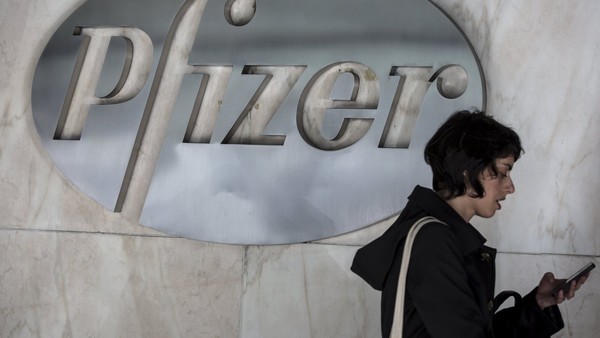
The reward would be shared with another accuser of illegal activity, Lauren Kieff, a former science whistleblower at AstraZeneca, a Pfizer rival. The latest payment will solidify his status as one of America's most prolific serial whistleblowers and fuels debate over a system that entitles people to receive up to 30 percent of federal fines from cases they contributed to instigate.
Andrew Ward, Pharmaceuticals Correspondent - ft.com - Financial Times

William LaCorte was one of two whistleblowers whose lawsuits led Pfizer on Tuesday to agree to pay the US Department of Justice $ $784.6 million to settle charges leveled at its subsidiary Wyeth for overcharging the Medicaid administration for a heartburn drug.
The 67-year-old New Orleans practicing physician stands to receive approximately $ 59 million from the firm due to US lawsuits designed to facilitate lawsuits (in addition to the $ 38 million he has received from similar lawsuits in the past).
The latest fee will solidify his status as one of the most prolific serial informants of America's illegal activities and fuels debate about a system that would entitle people to receive up to 30 percent of federal fines from cases they helped instigate.
Dr LaCorte sued Wyeth in 2008 under the US False Claims Act, which allows people to bring lawsuits on behalf of the government against companies or individuals who defraud taxpayers.
Wyeth was accused of illegally denying Medicaid, the publicly funded health insurance program for low-income patients, hundreds of millions of dollars in discounts that were available to non-government customers for its heartburn drug , Protonix.
Dr LaCorte previously won a £$ 250m lawsuit with the US firm Merck & Co in 2008 involved with similar allegations related to a heartburn drug called Pepcid.

"The numbers seem big, but once you've paid the lawyers and the taxman what you're left with isn't much," said Dr. LaCorte, adding that his primary motivation has been to report malpractice rather than make money.
“I have respect for drug companies that get it right, but not for those who have cheap drugs that haven't been properly tested and who pay doctors to prescribe them.”
The Protonix case was one of a dozen lawsuits Dr. LaCorte has filed against pharmaceutical companies over more than two decades. He says he no longer has any pending or planned lawsuits, but hopes others will follow suit.
 Not all of his lawsuits have been successful and critics say the awards to accusers can encourage incorrect cases leading to wasted time and money.
Not all of his lawsuits have been successful and critics say the awards to accusers can encourage incorrect cases leading to wasted time and money.
Geoffrey Rapp, a law professor at the University of Toledo in Ohio, says the system has done more good than harm. “Serial accusers are a rare thing,” he said. “Most of the time these are one-time accusers who work within an industry and are unlikely to have the opportunity to report illegal activity again.”
In 2015, 638 lawsuits were filed by whistleblowers of illegal activity under the False Claims Act, and the Justice Department recovered $ 2.8 billion, while the accusers received $ 597m.
Pfizer said that she was glad she had "reached an agreement in principle" to settle the Protonix dispute, without admitting liability, "to put these cases behind us and focus on patients' needs." The alleged abuses occurred between 2001 and 2006, before Wyeth was acquired by Pfizer in 2009. The case was scheduled to go to trial next month in federal court in Boston.





